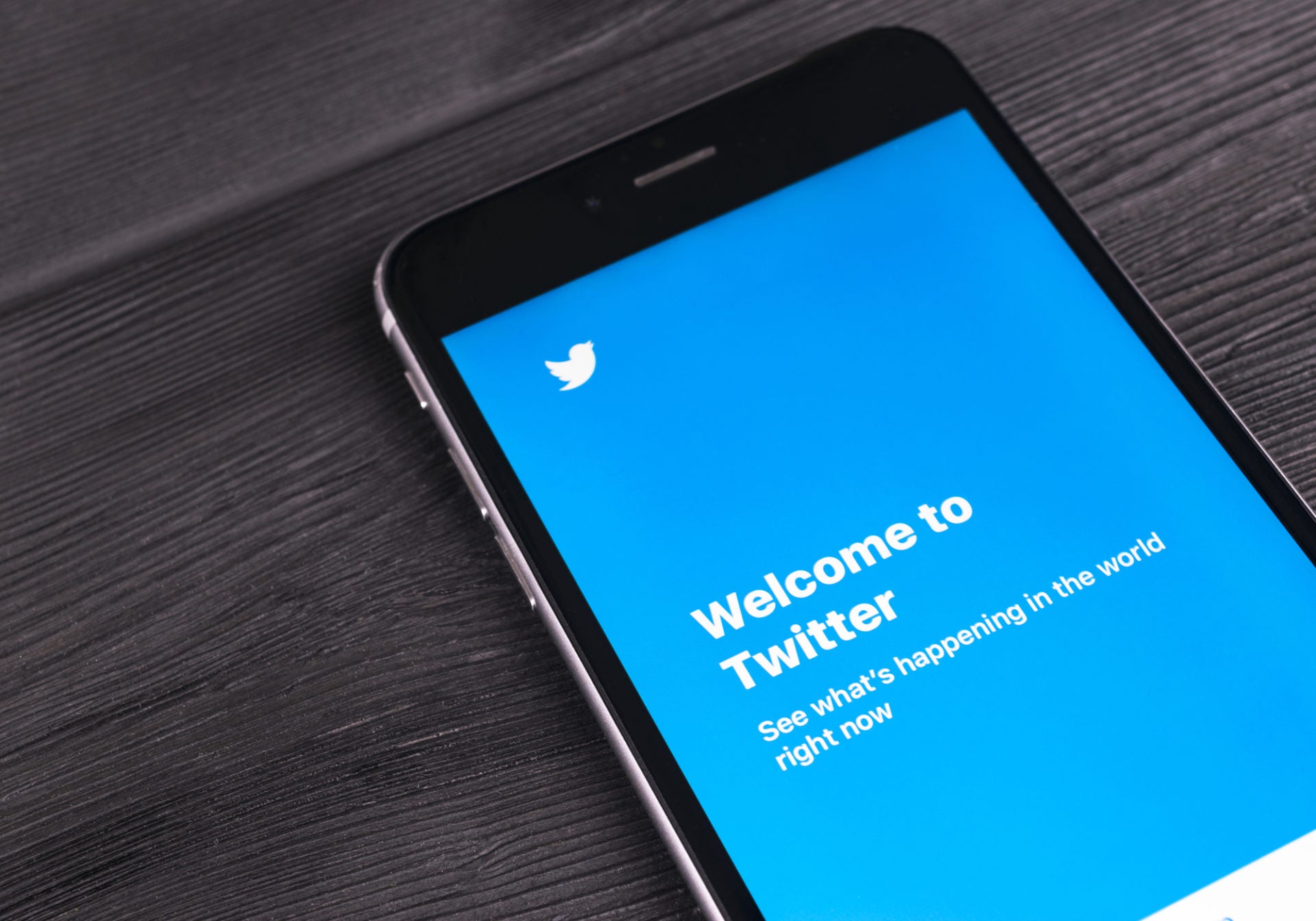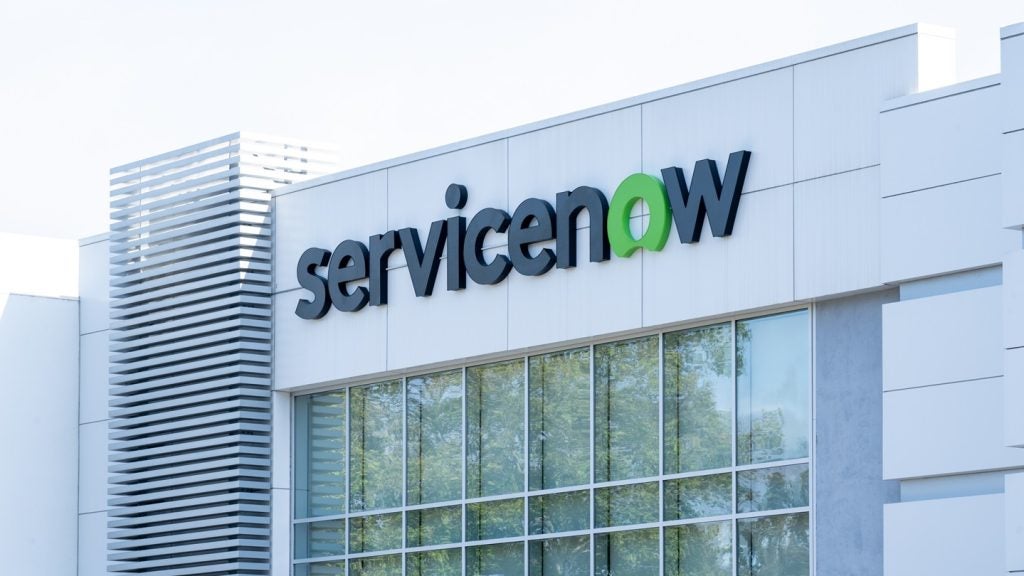
Twitter’s shares were up 4% in morning trading after releasing its Q2 results following an “action-packed” few months.
The results showed that monetisable daily active users grew to 186 million in the quarter, a 34% year-over-year increase.
However, it also reported revenue of $683m in Q2, a decrease of 19% year over year, and advertising revenue totaled $562m, down 23% year-over-year. In the last three weeks of June this rose to a advertising revenue declined of 15% year over year.
Overall, Q2 costs and expenses totaled $807m, an increase of 5% year-over-year, which resulted in an operating loss of $124m.
The Twitter results noted a “gradual, moderate recovery relative to March levels throughout most of Q2, with the exception of late May to mid-June, when many brands slowed or paused spend in reaction to US civil unrest”, suggesting that the platform’s ad revenue is making a slow recovery, but has not yet reached pre-Covid levels.
An eventful quarter
The quarter has been eventful for the social media platform, and not just due to the ongoing Covid-19 pandemic. Notably it saw the hacking of 130 high-profile Twitter accounts including Barack Obama, Joe Biden, Bill Gates, Jeff Bezos and Kanye West as part of a bitcoin scam.
Twitter CEO Jack Dorsey addressed this, saying that the company had taken “additional steps to improve resiliency against targeted social engineering experiments” after it emerged that the perpetrators were able to gain access to accounts after Twitter employees fell victim to social engineering attacks, and had “implemented numerous safeguards to improve the security of our internal systems”.
Twitter has also butted heads with prolific tweeter and US President Donald Trump after labelling one of his tweets which showed a video doctored to show a fake CNN caption as containing “manipulated media”. In May, a tweet from the President was also labelled as “glorifying violence”.
This week, Twitter also announced a crackdown on content related to the QAnon conspiracy theory.
“It’s encouraging to see Twitter reporting a solid Q2 when it comes to user numbers” said Yuval Ben-Itzhak, CEO at Socialbakers. “The platform has been working hard for some time to offer users and advertisers a safe and clean environment. This week’s announcement that it will crack down on accounts and content related to QAnon conspiracy theories is a further positive move to keep the platform free of digital pollution. Similar efforts in recent months have served the platform well, which can be seen in the numbers.”
“People will continue to happily keep on trekking and tweeting”
Twitter has in the past been criticised along with others for its role in the spread of fake news online, appears to be increasing its efforts to tackle the issue, and this may be paying off.
In the same quarter, social media rival Facebook saw numerous brands withdraw advertising from its platform as part of the ‘Stop Hate for Profit’ campaign.
Dr Ben Marder, senior lecturer in marketing at University of Edinburgh Business School believes that Twitter’s “action-packed” few months, and in particular the recent hack, will probably do no lasting damage to the platform.
“Although this latest scuffle has scared investors and has contributed to the fall in its share price, it has not been as a bad as it could have been. Looking at this quarter’s earnings, having expected a drop in ad revenue due to Covid-19, we can shrug our shoulders with the rest, having found out that all these altercations haven’t caused any seemingly lasting damage,” he said.
“The questions is why not? Surely, allowing Barack Obama and Elon Musk to unknowingly beg for Bitcoin on their platform, would leave investors quivering in their seats. I believe the answer is that 99.99 % of its user base simply do not care, and it is this portion of the pie that feeds the social media giant.
“Since its inception, Twitter has struggled to monetise its users, as its big brother Facebook has creatively done. Instead, it has relied on the mere size of its users rather than exploring clever ways to get into their pockets. This year’s events, giving President Trump a black-eye and having a handful of high profile accounts hacked, will only really hurt Twitter if they cause mass exoduses by users, which has not happened.
“It seems not even those high-profile direct victims of the hack have left the site, so nor has anyone else. Hacked accounts on social media are sadly just a part of the technological jungle, with many user accounts across different platforms getting hacked on a daily basis. Although these ‘mosquito bites’ are annoying and the recent one for Twitter has flared up a little, people will continue to happily keep on trekking and tweeting due to the benefits they continue to believe this platform offers.”
Read more: Slack files antitrust complaint against Microsoft Teams for “abusing market dominance”.







